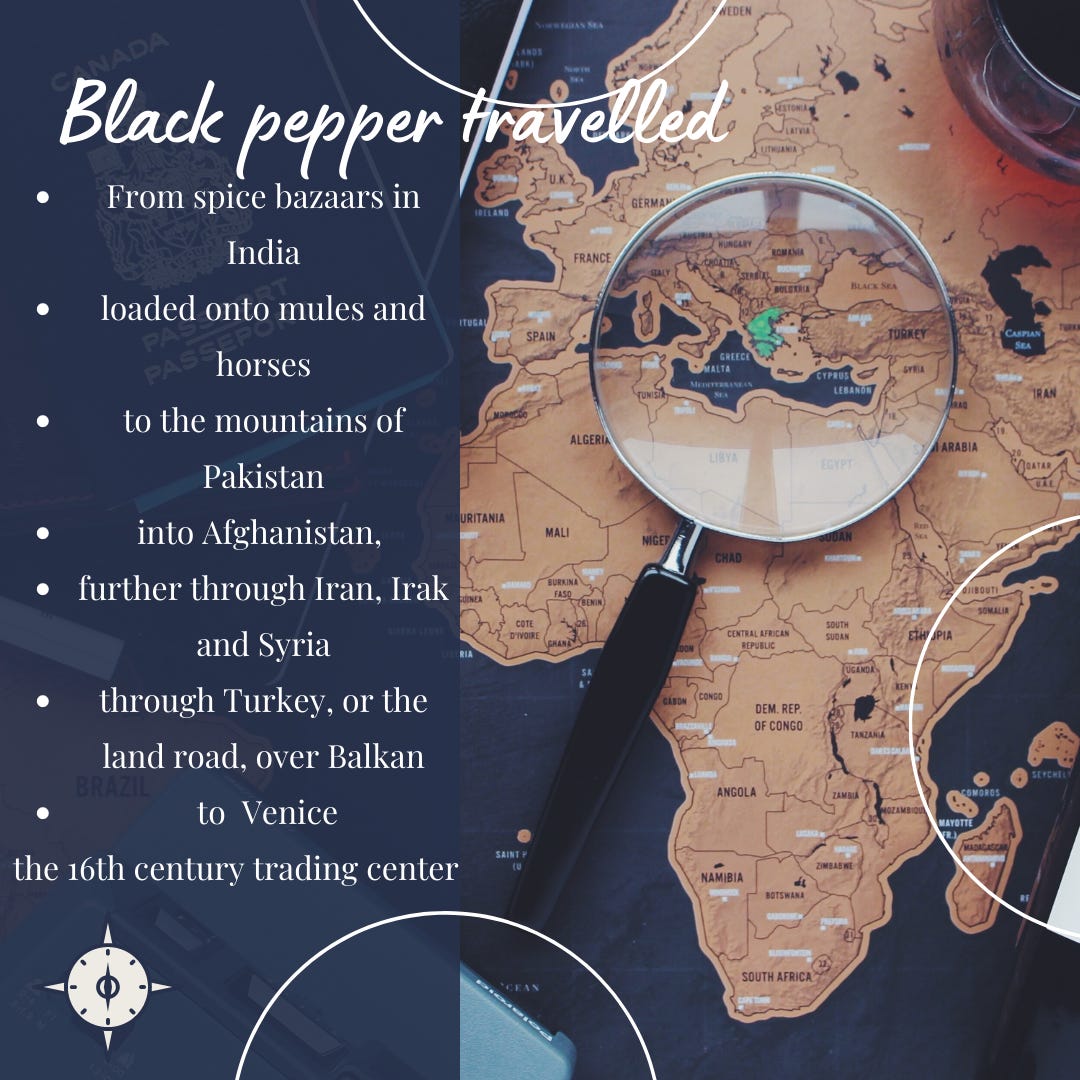Quote of the week
“In nightmares we can think the worst. That's what they're for, I guess.”
― Stephen King, It
Hello,
So sorry about being late with this week’s newsletter. I have been visiting my parents for a couple of days, decided not to bring my computer, only my iPad Pro. To my surprise I could not find the draft newsletter I had already been drafted. Have to check out how this works. Nevertheless, I am home again and here we are.
Another week has taken us into November. For me it is one of the least likely months here in Sweden. However, this year, so far, the weather has been very nice with colourful autumn days. If it continues like this I am happy.
November is a busy month for book blogger. There are several interesting challenges: Nonfiction November, Novellas in November and German Literary Month. I will join them all but concentrate on Nonfiction reading.
Problem with night mares?
Do you have problems with night mares? I read an article from SVT News about a solution for what researchers call ‘nightmare disorder’. It seems every twenty person suffers from night mares several times a week. Sounds quite terrible if you ask me. I dream a lot, but seldom night mares. Swiss researchers at Université de Genève have shown that you can manipulate feelings in your dream. What you should do is to write down you dream and change the end of it when you are awake. This should help you change the unpleasantness of the scene that comes back to you night after night. You can also connect a sound to the changed ending, which you hear during your sleep. I am just wondering whether you have to listen to that sound the whole night when you are at home, and have no researchers around? The sound will also change the ending to a more positive vibe.
The study was done with only 36 people suffering from nightmare disorder. All of them hade to re-write the scenario while awake, a therapy called imagery rehearsel therapy. Half of the persons did simultaneously listen to a monotonous sound. The same sound was replayed while they were asleep.
The result turned out very well. The group had an average of three night mares a week. Three months later, those who were listening to a tone while asleep, had an average of zero to half a night mare per week. As a bonus, they also had more enjoyable dreams.
Black pepper and the banking system
Apart from salt, I think black pepper is one of the most used spices in the kitchen today. It was once the most valued of spices, and the successful trading of this spice was the base for establishing the banking system in Venice.
During the Middle Ages almost any city in Europe had an area, or a street, named after this sought after spice. Geoffrey Chaucer’s The Canterbury Tales takes place in the Pepper Alley in Southwark, London. Elsewhere you could find Pepper Alley, Pepper Gate or Rue du Poivre. It was here dealers in spices had their shops. Since their aroma was very strong it probably hid the more stinking aspects of the Medieval streets.
This unassuming, wrinkled grain is still growing wildly in India. Plants are grown on stakes or trellises, and bloom at the age of three. The fruits and the grain, will become red if they ripe on the plant. If they are harvested while green, unripe and dried in the sun, they become black pepper. If they are picked unripe and immersed in sacks in water, the skin is rotted away and they become white pepper.
It is said the sailors never sailed without a gold ring in their ear. It should be a security to pay for a decent burial if necessary. Marin archeologists have revealed that both officers and crewmen more often carried a leather bag with a more expensive commodity - black pepper.
Trading in Venice
The Veneti family, loyal to the Roman empire, received the right to the possession of the Adriatic coast in NE Italy. The area was prone to invasions but also perfect for the trading between east and west. In the 16th century you could see heavily built merchant boats, establishing the city as a maritime power. It gave the city traders enormous wealth leading to the establishment of a banking system. Time changes and with the newly established Osman empire the down spiral started. When the Spanish, Portuguese, Dutch, French and English started looking for the expensive spices from the other side of the world, Venice lost its importance and the Venetian banks were crushed.
Luckily, we can get hold of this wonderful spice to a more reasonable price today. While in Cambodia some years ago, we visited a pepper plantation. It was really great to see how they are grown. The taste of the fresh Campot pepper is amazing, and nothing close to what we can get in Europe.
(The information above is from Bill Laws excellent and interesting book: Fifty Plants that Changed the Course of History).
Have a wonderful week.
Links
I have two blogs;
The Content Reader, (in English) where I write about books
and
Den tillfälliga besökaren (in Swedish) where I share my life and interests in books, history, travel and everything that makes life interesting.
If you want to leave a comment or discuss something you can comment in the post or send me an e-mail to thecontentreadernewsletter(at)gmail.com





